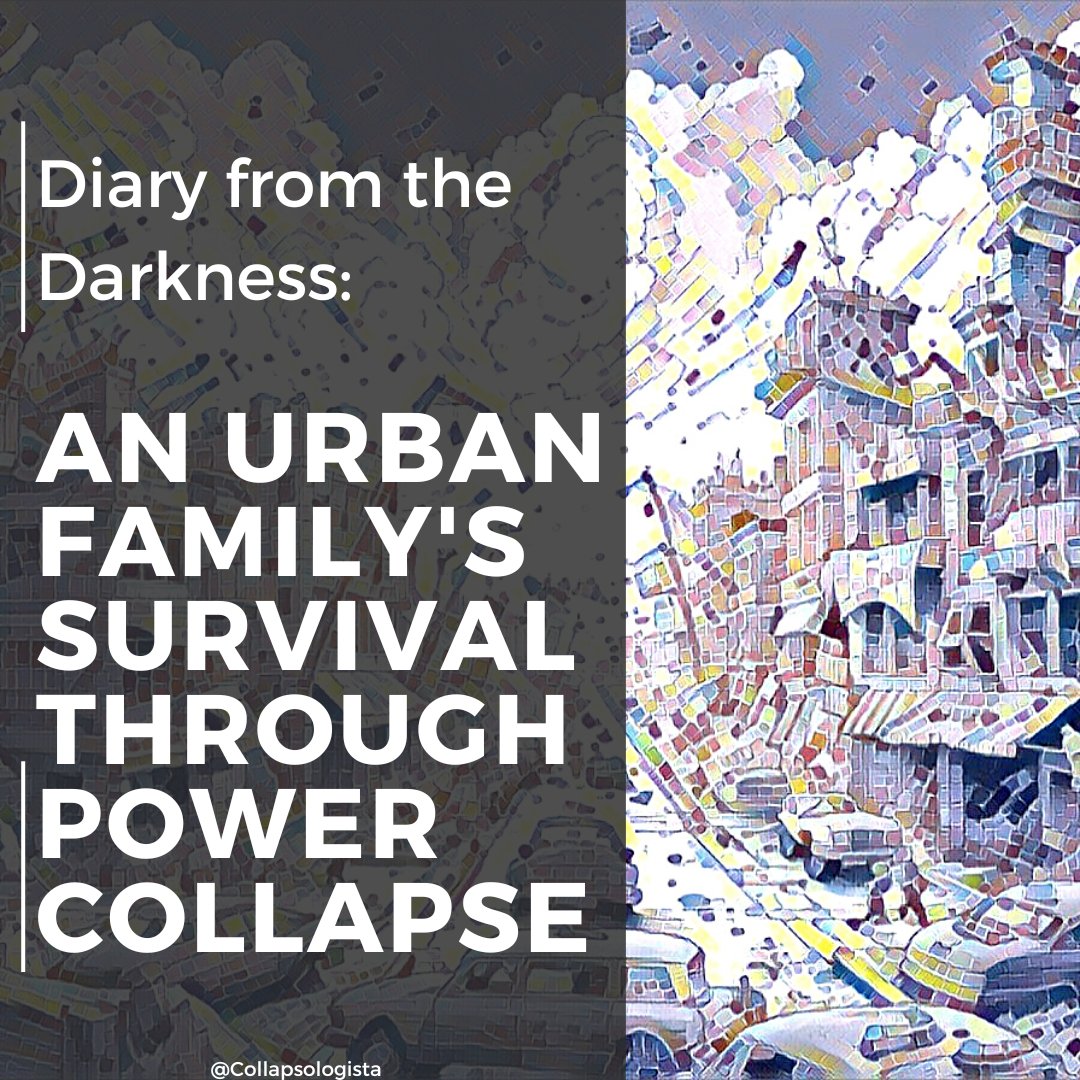🧵Learning is a fundamental process that underpins every aspect of human development. #Constructionism, a theory of learning, posits that people construct their own understanding and knowledge of the world through experiencing things and reflecting on those experiences.
1/n
1/n

Trust plays a crucial role in this learning process, often acting as the catalyst for accepting new information and transforming it into knowledge. However, the constructionist approach and the necessity for trust can present significant challenges when attempting to address
2/n
2/n
large-scale, urgent issues such as societal collapse and the climate crisis. This is especially so when these issues require a rapid change in habits and societal narratives.
3/n
3/n
1️⃣Constructionism and Trust in Learning
Constructionism, a learning theory posits that learning is most effective when individuals construct their understanding through hands-on, active involvement in the creation of tangible objects. It underscores the importance of
4/n
Constructionism, a learning theory posits that learning is most effective when individuals construct their understanding through hands-on, active involvement in the creation of tangible objects. It underscores the importance of
4/n
personal experience and context in meaning-making. Trust, on the other hand, is a fundamental component of the social learning process. Learners tend to accept and internalize information from sources they trust, whether they are individuals, institutions, or media.
5/n
5/n
2️⃣Obstacles to Adaptation in Societal Collapse and Climate Crisis
Although these concepts – constructionism and trust – have proven effective in many learning contexts, they present significant obstacles when applied to the complex, abstract issues surrounding societal
6/n
Although these concepts – constructionism and trust – have proven effective in many learning contexts, they present significant obstacles when applied to the complex, abstract issues surrounding societal
6/n
collapse and the climate crisis. As these crises require a level of comprehension and action that transcends personal experiences and traditional trust networks, the traditional learning process often falls short.
First, the climate crisis is a 'hyperobject',
7/n
First, the climate crisis is a 'hyperobject',
7/n
meaning it's massively distributed in time and space, hence beyond immediate human perception and experience. This presents a problem for constructionism: how can individuals construct understanding and knowledge about something they cannot directly experience or engage with?8/n
Second, the reliance on trust as a learning mechanism can be exploited and manipulated, especially in our era of digital communication and social media. Disinformation, misinformation, and climate denialism can all spread rapidly, and individuals tend to trust and accept
9/n
9/n
information that aligns with their existing beliefs and narratives due to cognitive biases such as confirmation bias. This can hinder societal adaptation to these crises as it prevents the widespread acceptance and understanding of the gravity of the situation.
10/n
10/n
3️⃣The Learning Process of Changing Habits and Narratives
The process of changing habits and societal narratives is a complex learning process that involves unlearning old habits and relearning new ones. It requires individuals to question existing beliefs and practices,
11/n
The process of changing habits and societal narratives is a complex learning process that involves unlearning old habits and relearning new ones. It requires individuals to question existing beliefs and practices,
11/n
engage in critical reflection, and adopt new behaviors. This process can be particularly challenging as it often involves confronting cognitive dissonance and overcoming resistance to change.
However, the constructionist approach and the necessity for trust can be harnessed
12/n
However, the constructionist approach and the necessity for trust can be harnessed
12/n
to facilitate this process. By creating experiential learning opportunities that illustrate the benefits of new habits and by leveraging trusted sources to disseminate accurate information and promote new narratives, it is possible to expedite the learning process.
13/13
13/13
• • •
Missing some Tweet in this thread? You can try to
force a refresh

 Read on Twitter
Read on Twitter














